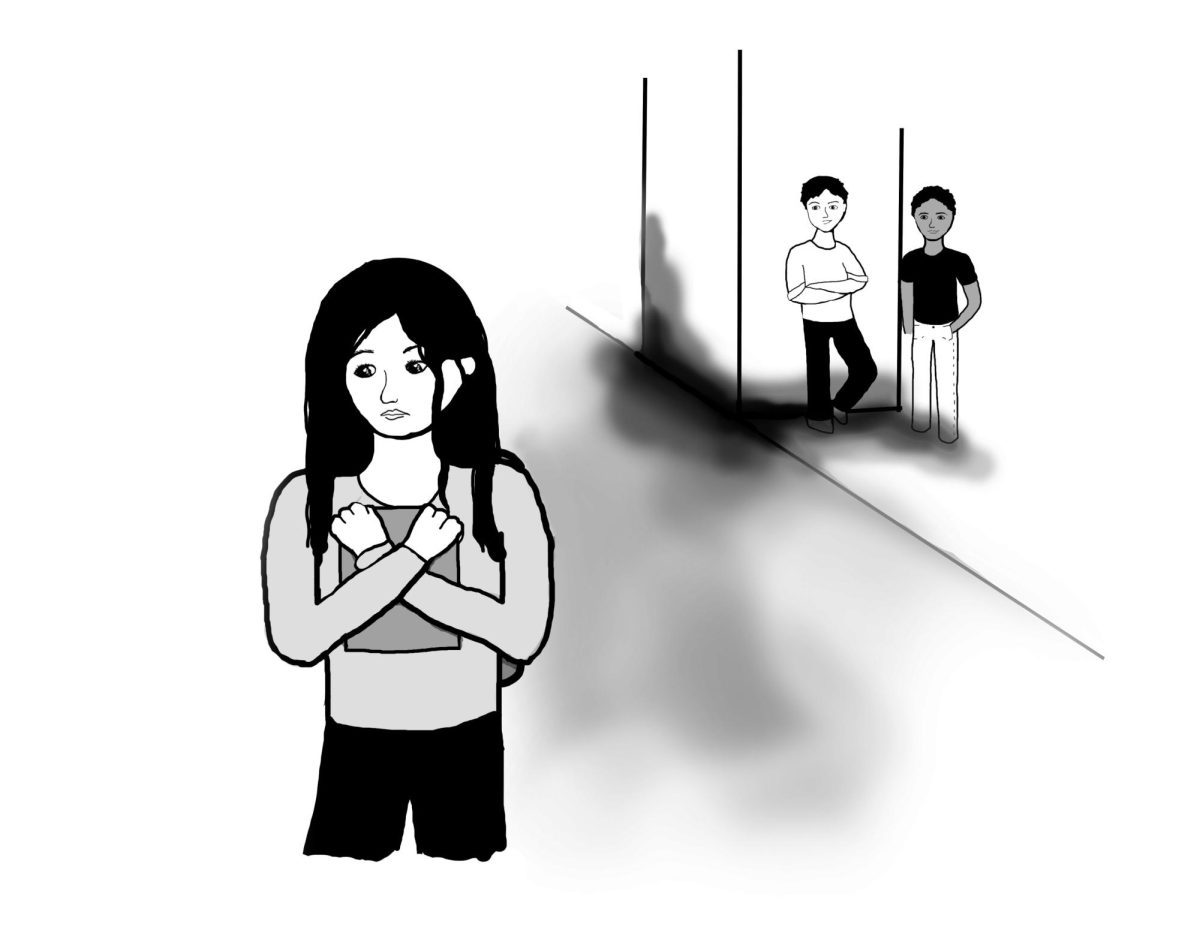 College is a time for change when many questions of identity are raised, according to Stuart Religious Counselor Adam Kirtley. Students tend to further develop their political and social views as well as their religious views in college.
College is a time for change when many questions of identity are raised, according to Stuart Religious Counselor Adam Kirtley. Students tend to further develop their political and social views as well as their religious views in college.
“College is a time to put everything on the table and think for yourself and try to gauge where you stand on those sorts of issues,” said Kirtley. “It’s not surprising to me that during that time many will move away from their traditional religious backgrounds.”
Kirtley said that this is a national trend.
“What they’re seeing more and more is an increase in what’s loosely called ‘spirituality.’ While [college students] might move away from their traditional religious practices they also indicate an increase in their awareness of spiritual issues,” said Kirtley.
Being away from parents and a familiar environment allows for students to experiment with their belief system.
“I felt like, being at home, maybe there was space to question my spiritually but I didn’t feel like I could be exactly what I wanted to be without being away from home and cement it within myself without any of my parents’ ideas in my head,” said sophomore Danielle Barnes, who was raised Jewish.
Sophomore Neda Ansaari, who was raised Muslim, felt her parents had influenced her religious views, but when she came from India to attend Whitman, she began to question them.
“I think when you’re exposed to different cultures you tend to question more things,” said Ansaari.
“At home I grew up with kids all following their religion [either Hinduism or Islam] and they did so because their parents asked them to. There was never a question of ‘why am I doing this?’ because my parents were doing it, so I’ll do it as well. I think that being away from home and being away from my parents is definitely one of the big reasons why I’m not following Islam so much anymore.”
One thing that sets Whitman College apart nationally is the fact that only 50 percent of the incoming students subscribe to a religious view. According to Kirtley, this is significantly low.
Senior Kim Hooyboer said this impacted her religious journey during her time at Whitman. Coming from a religious background and a religious high school, college was the first time Hooyboer met people who had grown up in a non-religious context.
“I think that made a huge impact on my religious views at the time because I thought I had moved entirely away from Catholicism,” said Hooyboer, “then came here and realized I hadn’t by seeing so many people who moved further than I had. I found myself playing the devil’s advocate, or Catholic, which was an … enlightening experience demonstrating how far I had come and how far I had to go.”
For others, Whitman’s non-religious attitude was challenging. Joseph Farnes, a senior, came to college a Buddhist but found it to be more of a system of ethics than a religion, while he wanted something more “spiritually fulfilling.”
“I wanted to return to the religion that my mother had taught me,” he said, referring to Christianity.
“The fact that Whitman doesn’t have a strong religious tradition period meant that I really had to formulate and understand my religiosity by myself,” said Farnes. “If I had gone to a non-religious school but with more of a Lutheran flavor, then I’m sure my religiosity would have been informed a lot by that.”
Although Barnes attended Catholic high school, a fellow Whitman student was the first deeply religiously committed Christian she had ever met.
“She inspired me,” Barnes said, “because even though her parents brought her up [religiously] she found her own way of interpreting [Christianity] and I really admired that. She wasn’t like what I imagined as someone really religious, she was very non-judgmental. It never made sense to me why some religious people were judging. If you’re really going to be dedicated to a religious why not follow it? It doesn’t make sense to me.”
Farnes sees this stereotype reflected on campus.
“Whitman students, though generally inquisitive, will sometimes take at face value that just because this is what Jerry Falwell said is so or Pat Robertson said is Christianity they speak for everyone,” Farnes said. “They don’t realize in every religious tradition there’s a lot of breadth to pin us all down as a certain type.”
Nevertheless, Farnes said he finds it difficult to be a Christian on this campus.
“There is a vocal element of the college that wants to equate religious practice with anti-intellectualism and unfortunately, as accepting as Whitman can be in so many other wonderful ways, there’s a attitude which for some says it’s OK to speak badly of religion,” said Kirtley.
“I think a lot of people are reactionary about turning away from their faith or their parents’ faith and become more anti-religious and unnecessarily so,” said Hooyboer. “I find that a lot at Whitman. I think that because we are a very homogenous environment of liberal-minded, non- religious people that this attitude is reinforced.”
“I see that as one of my great challenges in this office: to try to bolster religious groups on this campus and that for those who want it, who want to express their faith, they can do so in a safe environment,” said Kirtley.









